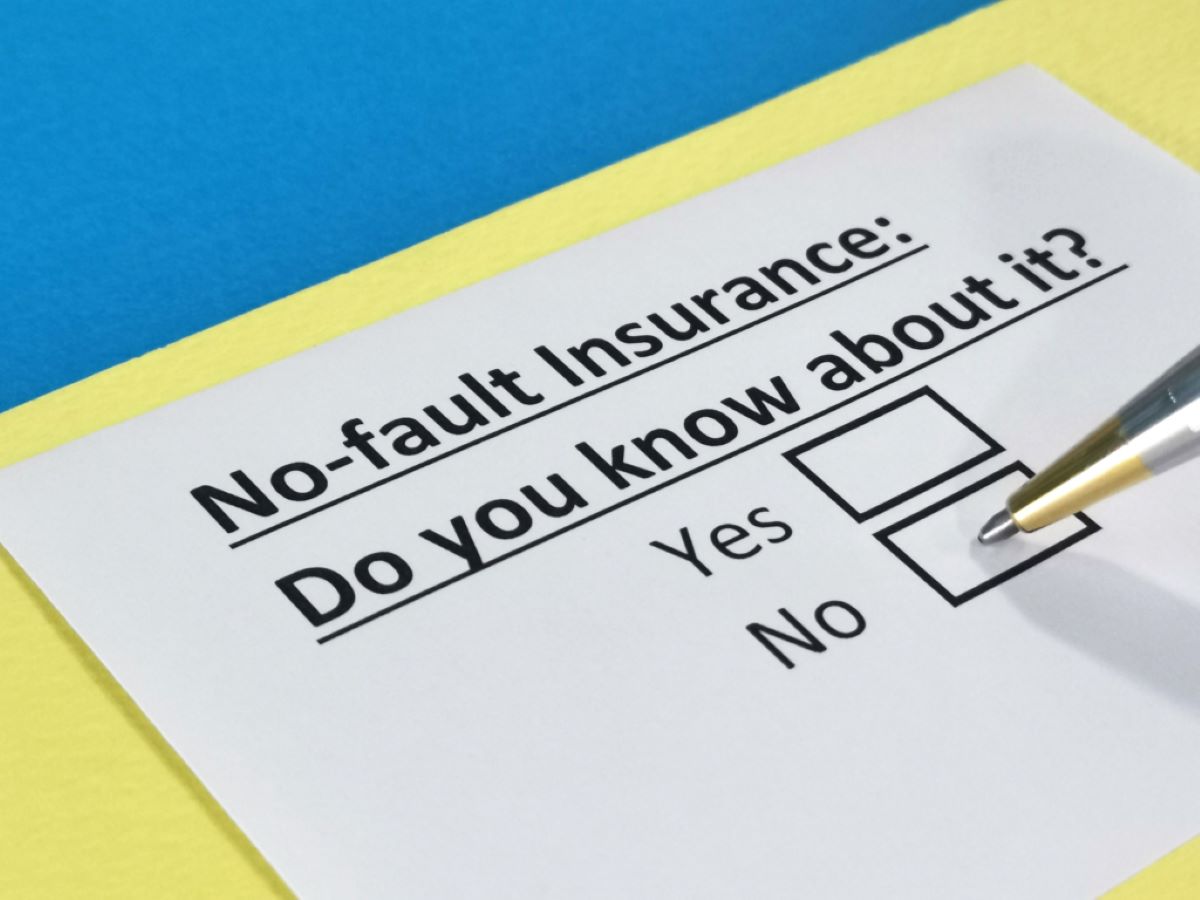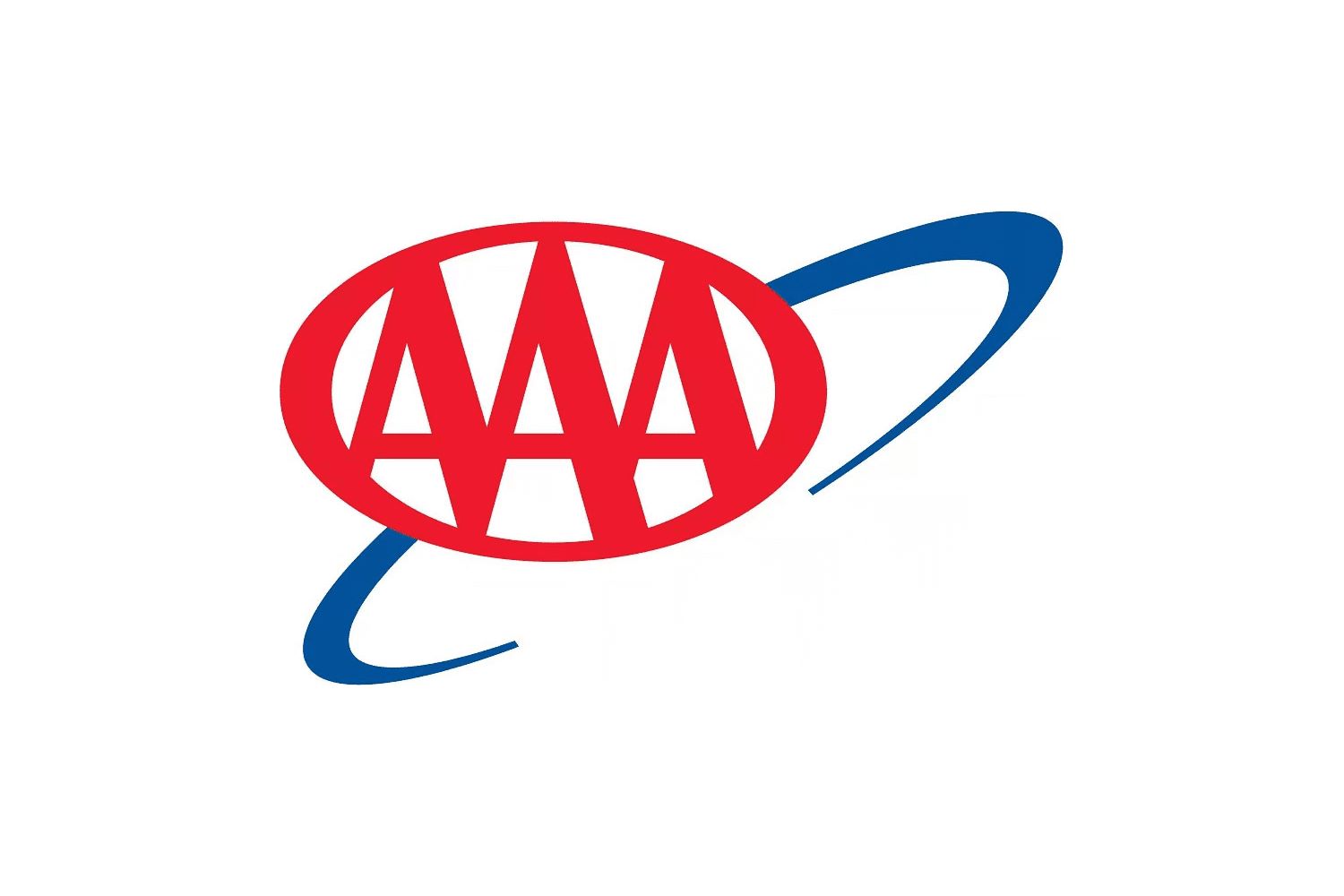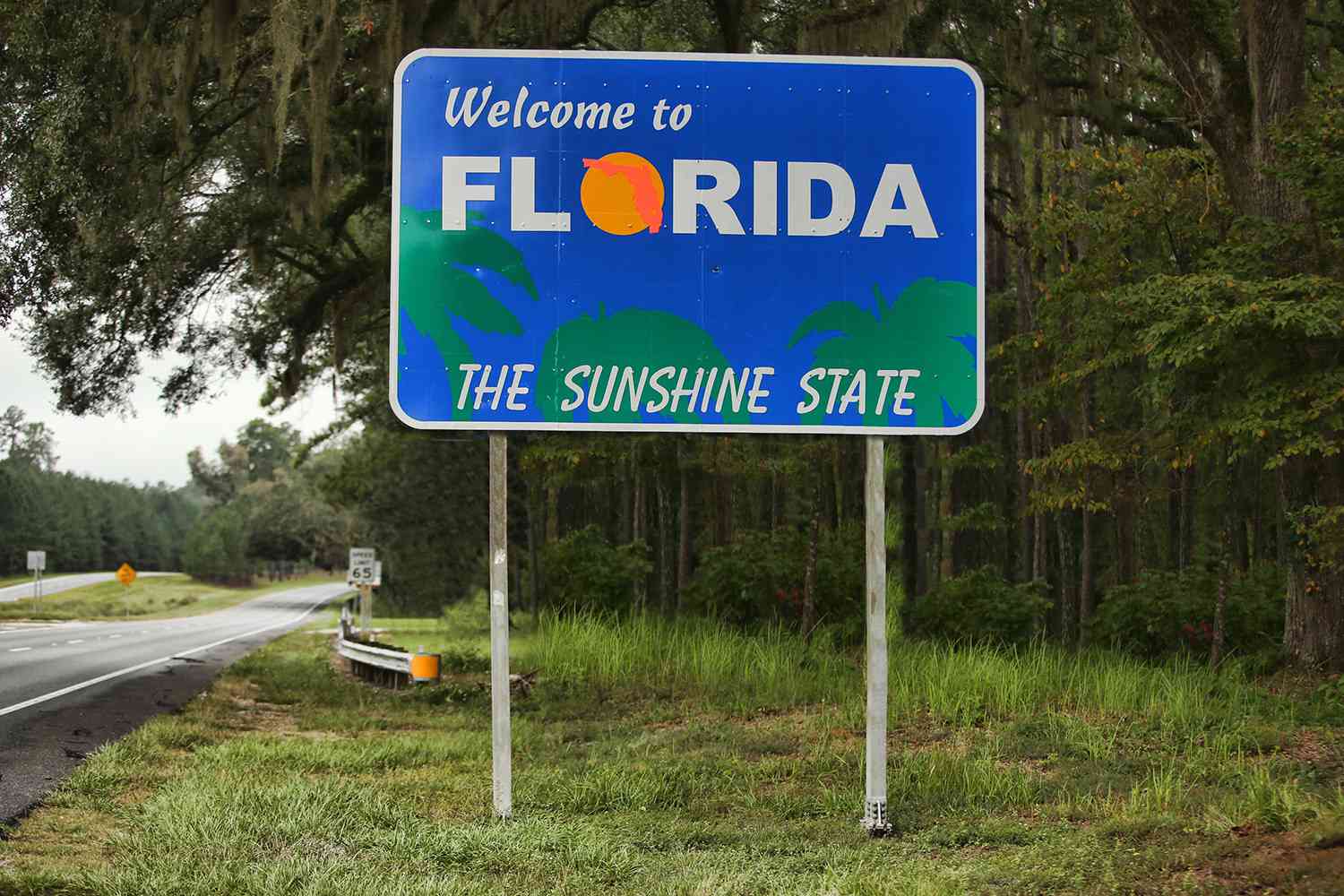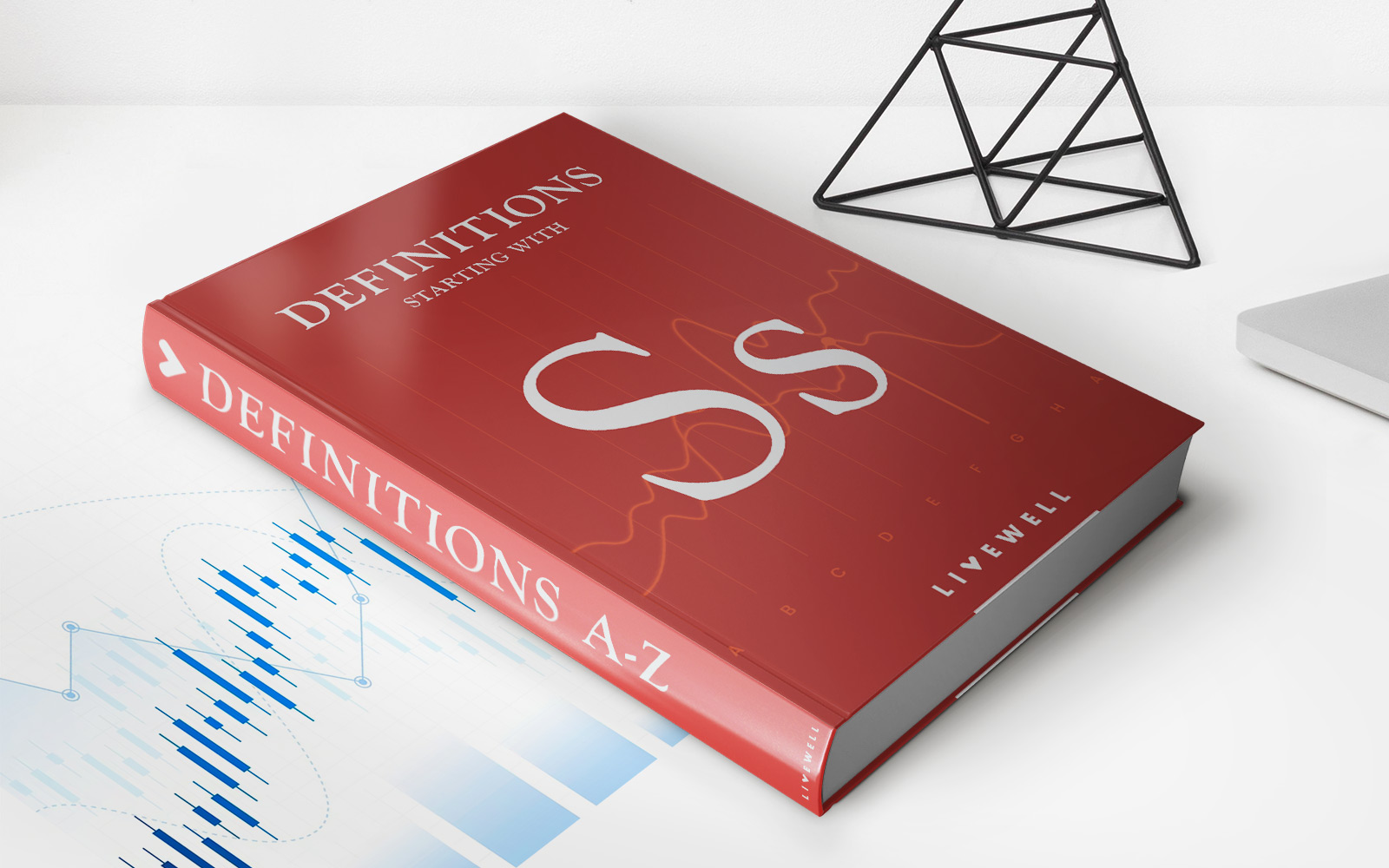Home>Finance>How Much Is Full Coverage Insurance In Michigan


Finance
How Much Is Full Coverage Insurance In Michigan
Published: November 23, 2023
Get the best rates for full coverage insurance in Michigan and secure your finances. Compare quotes and save money on comprehensive auto insurance.
(Many of the links in this article redirect to a specific reviewed product. Your purchase of these products through affiliate links helps to generate commission for LiveWell, at no extra cost. Learn more)
Table of Contents
Introduction
When it comes to protecting your vehicle and financial well-being, having the right insurance coverage is crucial. In the state of Michigan, one option that many drivers consider is full coverage insurance. But what exactly does full coverage mean, and how much does it cost in Michigan?
Full coverage insurance is a comprehensive policy that provides both liability coverage and coverage for any damages to your own vehicle, regardless of who is at fault. It typically includes three main components: liability coverage, collision coverage, and comprehensive coverage.
Liability coverage is designed to protect you financially in the event that you cause an accident and are held responsible for any bodily injury or property damage. This coverage is required by law in Michigan, as it is in most other states.
Collision coverage, on the other hand, pays for any damages to your own vehicle that result from a collision with another vehicle or object, regardless of fault. This coverage is particularly important if you have a newer or more valuable vehicle.
Comprehensive coverage, often referred to as “other than collision” coverage, protects you against non-collision related incidents such as theft, vandalism, natural disasters, or damage caused by animals. This coverage is especially important if you live in an area prone to these types of risks.
These three components combined make up what is commonly referred to as full coverage insurance. However, it’s important to note that there is no standardized definition of full coverage, and the specific coverage and limits can vary depending on the insurance carrier.
Now that we have a basic understanding of what full coverage insurance entails, let’s delve into the factors that impact the cost of full coverage insurance in Michigan.
Understanding Full Coverage Insurance
Full coverage insurance provides drivers with a comprehensive level of protection for their vehicles. It includes multiple types of coverage that work together to shield you from various risks and potential financial losses.
Liability coverage is a key component of full coverage insurance. It protects you financially if you are at fault in an accident and cause bodily injury or property damage to others. This coverage helps cover medical expenses, legal fees, and property repair costs for the other party involved.
Collision coverage, another important aspect of full coverage insurance, pays for damages to your vehicle in the event of a collision with another vehicle or object. Whether you hit another car, a tree, or a street sign, collision coverage helps cover the costs of repairs or replacement for your vehicle, up to your policy’s limits.
Comprehensive coverage is the third component of full coverage insurance. It provides protection against non-collision incidents such as theft, vandalism, fire, natural disasters, and damage caused by animals. Comprehensive coverage helps cover repair or replacement costs for your vehicle, regardless of fault.
While full coverage insurance provides extensive protection, it’s important to note that it does not cover every possible scenario. There may be certain exclusions or limitations in your policy, so it’s crucial to review the terms and conditions carefully.
Additionally, full coverage insurance does not protect against personal injuries or medical expenses for you or your passengers. To cover these costs, you would need to consider adding personal injury protection (PIP) or medical payments coverage to your policy.
It’s also worth mentioning that full coverage insurance is typically more expensive than basic liability insurance due to the broader scope of coverage it offers. The cost of full coverage insurance depends on various factors, including your age, driving history, location, and the type of vehicle you drive. Insurance companies use these factors, among others, to assess your level of risk and determine the premium you will pay for your coverage.
Now that we have a solid understanding of full coverage insurance, let’s explore the factors that affect the rates of full coverage insurance in the state of Michigan.
Factors That Affect Full Coverage Insurance Rates in Michigan
When it comes to determining the cost of full coverage insurance in Michigan, several factors come into play. Insurance companies consider these factors to assess the level of risk associated with insuring a particular individual and their vehicle. Understanding these factors can help you better understand how insurance rates are determined and explore potential ways to save money on your coverage.
- Driving Record: Your driving record plays a significant role in determining your insurance rates. If you have a history of accidents or traffic violations, insurance companies may view you as a high-risk driver, resulting in higher premiums.
- Age and Gender: Young and inexperienced drivers often face higher insurance rates due to their higher likelihood of being involved in accidents. Additionally, statistically, young male drivers have higher accident rates compared to their female counterparts, which can impact insurance premiums.
- Location: Where you live in Michigan can affect your insurance rates. Areas with higher population densities or increased rates of accidents and thefts tend to have higher premiums compared to rural or low-crime areas.
- Vehicle Type: The type of vehicle you drive can influence your insurance rates. Cars that are more expensive to repair or replace, have higher theft rates, or are known for being involved in accidents tend to have higher insurance premiums.
- Deductibles and Coverage Limits: The deductibles and coverage limits you choose for your full coverage insurance policy also impact the cost of your premiums. Higher deductibles generally lead to lower premiums, but it’s essential to ensure you can afford to pay the deductible amount if you need to file a claim.
- Credit History: In some states, including Michigan, insurance companies use credit history as a factor in calculating insurance rates. Those with poor credit may face higher premiums since insurers believe they are more likely to file claims.
- Mileage: The number of miles you drive each year can affect your insurance rates. If you have a lengthy commute or frequently drive long distances, you may face higher premiums due to the increased risk of accidents.
It’s important to note that each insurance company has its own specific formula and weighting for these factors. This means that different insurers may quote you different rates even with the same coverage and circumstances. Shopping around and obtaining quotes from multiple insurance companies can help you find the most competitive rate for your full coverage insurance in Michigan.
Now that we understand the factors that influence full coverage insurance rates, let’s explore the minimum insurance requirements in Michigan.
Minimum Insurance Requirements in Michigan
Michigan, like all states in the United States, has specific minimum insurance requirements that drivers must meet to legally operate a vehicle on public roads. It’s important to understand and comply with these requirements to avoid any legal penalties and ensure you have the basic coverage necessary to protect yourself and others in the event of an accident.
In Michigan, the minimum insurance requirements are often referred to as “no-fault” insurance. This means that regardless of who is at fault in an accident, each party’s insurance company is responsible for covering their own medical expenses and property damage.
The minimum insurance requirements in Michigan include the following:
- Bodily Injury Liability Coverage: You must have a minimum coverage of $20,000 per person and up to $40,000 per accident for bodily injury caused to others.
- Property Damage Liability Coverage: You must have a minimum coverage of $10,000 for property damage caused to others.
- Personal Injury Protection (PIP) Coverage: Personal Injury Protection coverage, or PIP, is required in Michigan. PIP helps cover medical expenses, lost wages, and other injury-related costs for you and your passengers, regardless of who is at fault in the accident. The minimum required PIP coverage in Michigan is $250,000.
It’s important to note that these are just the minimum requirements set by the state. It’s often recommended to consider higher coverage limits to ensure you have adequate protection in case of a severe accident or injuries that exceed the minimum limits.
Failure to maintain the minimum required insurance coverage in Michigan can result in penalties such as fines, license suspension, and even vehicle impoundment. It’s crucial to stay compliant with these requirements and carry proof of insurance with you at all times while driving.
Now that we have covered the minimum insurance requirements in Michigan, let’s move on to exploring the average cost of full coverage insurance in the state.
Average Cost of Full Coverage Insurance in Michigan
The cost of full coverage insurance in Michigan can vary significantly depending on various factors. These factors include your age, driving record, location, vehicle type, and coverage limits. While it is challenging to provide an exact average cost, it’s important to know that Michigan often ranks among the highest in terms of insurance premiums in the United States.
One of the key reasons for the higher insurance costs in Michigan is the state’s unique no-fault insurance system. The requirement for unlimited personal injury protection (PIP) coverage drives up the overall insurance rates in the state.
Additionally, factors such as high population densities, increased accident rates, and rising healthcare costs also contribute to the higher insurance premiums in Michigan. The state has a high frequency of accidents due to factors such as severe weather conditions, congested roadways, and complex traffic patterns.
According to various reports and studies, the average cost of full coverage insurance in Michigan can range anywhere from $1,500 to $3,000 per year. However, it’s important to note that these figures are estimates and can vary significantly based on individual circumstances.
It’s also worth mentioning that insurance companies use their own proprietary formulas to calculate premiums, taking into account their risk assessment and business models. This means that quotes can vary widely between different insurers for the same coverage and driver profile.
If you are concerned about the high cost of full coverage insurance in Michigan, there are several steps you can take to potentially lower your premiums. These include maintaining a clean driving record, bundling your policies, increasing your deductibles, and exploring available discounts such as good student discounts or safe driver discounts.
Additionally, working with an independent insurance agent who can shop around and compare quotes from multiple insurance companies can help you find the most competitive rates for full coverage insurance in Michigan.
Now that we have explored the average cost of full coverage insurance in Michigan, let’s move on to some tips on how to save money on full coverage insurance in the state.
Tips to Save Money on Full Coverage Insurance in Michigan
While full coverage insurance in Michigan can be costly, there are several strategies you can employ to potentially save money on your premiums. Consider implementing the following tips to reduce your insurance costs without sacrificing the coverage and protection you need:
- Shop around: Rates can vary significantly between insurance providers, so it’s essential to compare quotes from multiple companies. This will help you find the most competitive rates based on your specific circumstances.
- Bundle your policies: Consider bundling your auto insurance with other policies, such as homeowners or renters insurance, with the same company. Insurance companies often offer multi-policy discounts that can result in substantial savings.
- Opt for a higher deductible: Increasing your deductible—the amount you pay out-of-pocket before your insurance coverage kicks in—can lower your premiums. Just make sure you can comfortably afford the higher deductible in case of an accident.
- Maintain a clean driving record: Safe driving habits and avoiding accidents and traffic violations can lead to lower insurance rates. Insurance companies typically offer discounts for drivers with a clean driving record.
- Consider vehicle safety features: Installing safety features such as anti-theft devices, airbags, and anti-lock brakes can reduce the risk of theft or accidents. Many insurance companies offer discounts for vehicles equipped with these safety features.
- Take advantage of discounts: Inquire about the various discounts available to you, such as good student discounts, low mileage discounts, or safe driver discounts. Ask your insurance company which discounts you may qualify for and take advantage of them.
- Monitor your credit: Insurance companies in Michigan use credit history as a factor in determining rates. Maintaining good credit can help lower your premiums, so regularly monitor your credit report for any errors or discrepancies.
- Consider usage-based insurance: Some insurance companies offer usage-based insurance programs where your premiums are based on your actual driving habits. By using telematics devices or mobile apps, your insurance company can track your driving behavior and potentially reward safe driving with lower rates.
It’s important to note that while these tips may help you save money on full coverage insurance in Michigan, it’s crucial to maintain adequate coverage to protect yourself and your vehicle. Evaluate your individual needs and consult with an insurance professional to ensure you strike the right balance between cost savings and sufficient coverage.
By being proactive and implementing these strategies, you can potentially lower your full coverage insurance premiums in Michigan without compromising on the coverage and protection you need.
Now, let’s wrap up our discussion on full coverage insurance in Michigan.
Conclusion
Full coverage insurance in Michigan provides drivers with comprehensive protection for their vehicles and financial well-being. Understanding the components of full coverage insurance, including liability, collision, and comprehensive coverage, is crucial in selecting the right policy for your needs.
There are several factors that influence the cost of full coverage insurance in Michigan, including your driving record, age, location, vehicle type, and coverage limits. It’s important to consider these factors when obtaining quotes from different insurance providers to find the most competitive rates.
Michigan has specific minimum insurance requirements, including bodily injury and property damage liability coverage, as well as personal injury protection (PIP) coverage. Failure to meet these requirements can result in legal penalties and financial consequences.
The average cost of full coverage insurance in Michigan can vary, with the state known for higher insurance premiums due to factors such as no-fault insurance and high accident rates. However, there are ways to potentially save money on your premiums, such as shopping around, bundling policies, increasing deductibles, and taking advantage of discounts.
It’s essential to strike a balance between saving money and maintaining adequate coverage to protect yourself and your vehicle. Consider your individual needs, evaluate different insurance options, and consult with professionals to ensure you make informed decisions about your full coverage insurance in Michigan.
By understanding the ins and outs of full coverage insurance, considering the factors that affect insurance rates, and implementing money-saving strategies, you can navigate the insurance landscape in Michigan and secure the right coverage at the best possible price.
Remember, insurance is a crucial investment in your peace of mind and financial security, so take the time to research, compare options, and make an informed decision that meets your specific needs. Stay safe on the roads and enjoy the peace of mind that comes with having full coverage insurance in Michigan.














